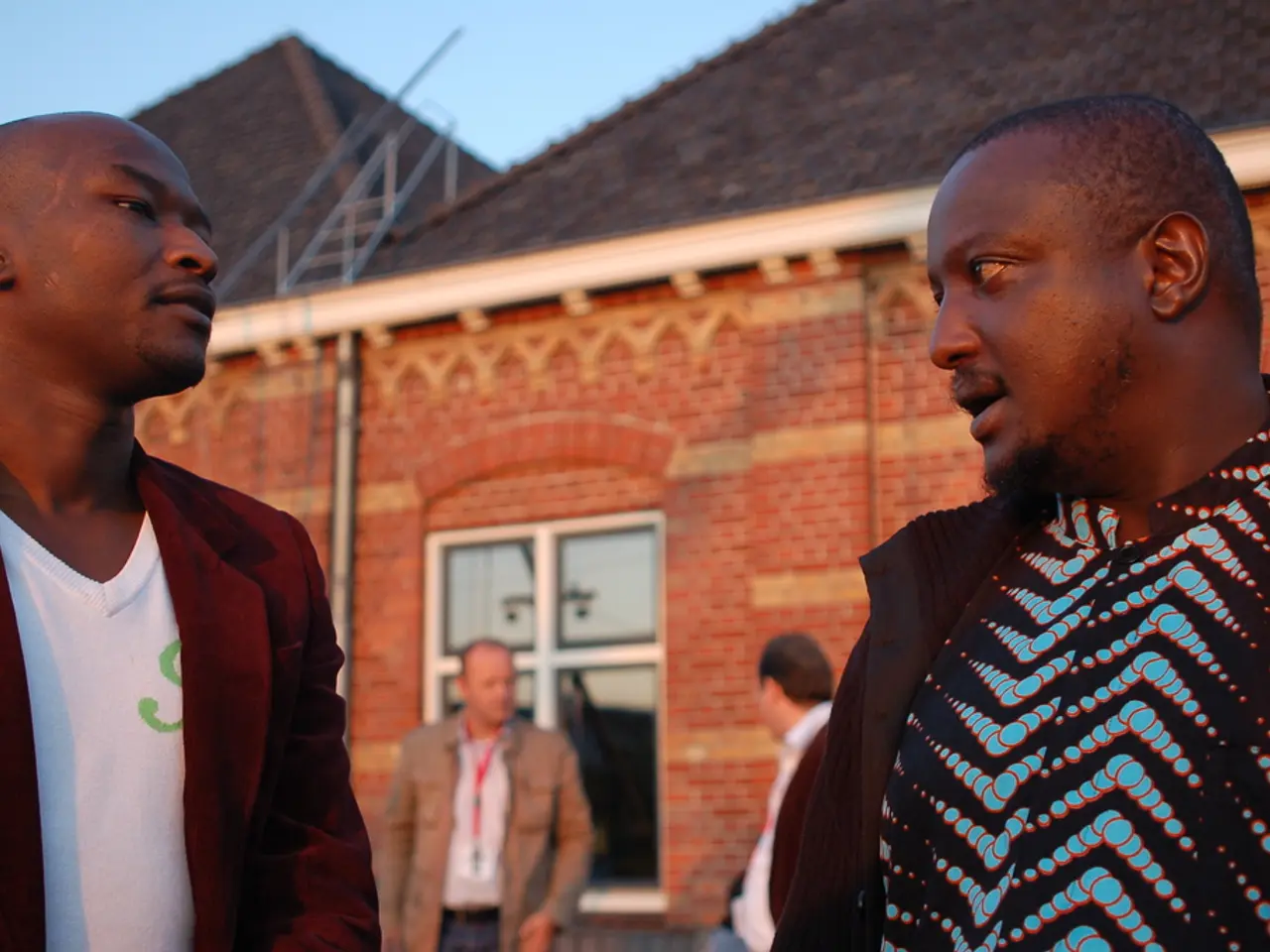Ghanaian Government Fails to Deliver on Cheap Housing Developments
Ghana is grappling with a significant housing deficit, estimated to be between 1.8 to 2 million units, as many affordable housing projects have failed so far. One of the main reasons for this predicament is the lack of effective policies and interventions from the government.
To tackle this challenge, a range of coordinated strategies involving both public and private sectors are proposed. These include revitalising and completing existing government projects, expanding financing options, fostering public-private partnerships (PPPs), implementing land use and policy reforms, adopting innovative construction technologies, offering targeted subsidies and incentives, and focusing on mid-range housing.
Projects like the stalled Saglemi Housing Project are being reactivated with private developers to complete thousands of housing units, thereby expanding the affordable supply. Enhancing access to housing finance through mechanisms such as rent-to-own schemes, pension-backed mortgage programs, and new financing models via institutions like the National Homeownership Fund can help more low- and middle-income Ghanaians secure housing loans.
Leveraging partnerships where the government provides serviced land, subsidies, or infrastructure, while private developers bring expertise, capital, and efficiency, has proven effective elsewhere in Africa and is suggested for scaling housing delivery in Ghana. Securing land rights, formalising tenure, and standardising building regulations can unlock land for affordable housing and reduce development costs.
Adoption of prefabricated and modular building methods can accelerate construction, cut costs, and improve quality. Offering tax breaks, concessional financing, streamlined approvals, and risk-sharing mechanisms like guarantees can encourage developers to focus on affordable housing markets.
Beyond luxury gated communities, efforts to develop mid-range, affordable housing integrated with modern infrastructure especially in suburban areas can better serve the bulk of the population. However, the government needs to review and revise its housing policies and strategies to ensure they are aligned with the needs and realities of low-income households.
The government has attempted to fix the issue by initiating affordable housing projects, such as the Asokore Mampong Affordable Housing Project, which consists of 91 apartment blocks and was completed in 2020. Yet, some prospective tenants find the price of housing a hindrance to their occupancy.
The Saglemi Affordable Housing Project, one of the largest in Ghana with about 5,000 housing units, has been stalled since August 2012 due to contractual disputes, mismanagement, and corruption allegations. The Gbetsile Affordable Housing Project, a Ghana-China collaboration aiming to construct 400 affordable housing structures on 43 acres of land in Gbetsile, Greater Accra region, is currently on hold.
The government needs to strengthen its institutions and capacities to implement, monitor, and evaluate its interventions. The government also needs to effectively regulate the rental sector, as many tenants still have to pay up to two years of rent in advance, putting them under financial stress and limiting their mobility and choice.
Since the 1980s, Ghana has adopted a market-based approach to housing, which has led to a rise of under-occupied luxury real estate. The solution to fixing Ghana's affordable housing issue requires a comprehensive and coordinated approach involving multiple stakeholders and addressing multiple dimensions of the problem.
The government has a key role to play in providing the policy framework, institutional support, resource mobilisation, and leadership for affordable housing provision. The Amasaman Affordable Housing Project, funded by the United Nations Office for Project Service, is expected to produce 6,500 homes at a value of over $100 million in Amasaman, a suburb of Accra. Yet, the project has been embroiled in controversy due to allegations of embezzlement and has reportedly been abandoned.
Low-income residents struggle to find decent and secure accommodation in the informal sector, often facing exploitation from landlords. The government needs to address these issues to make housing truly affordable for the majority of Ghanaians. Overall, sustainable improvement requires breaking from fragmented or politicized approaches with coordinated policy frameworks, effective institutional governance, and a blend of financial innovation and construction technology.
- To complement the efforts in addressing Ghana's housing deficit, a diverse array of strategies should also be deployed in the spheres of general news and crime-and-justice, such as investigative reports on corruption allegations related to stalled affordable housing projects, or policies aimed at protecting tenants from exploitation by landlords.
- In order to bolster Ghana's efforts in providing mid-range, affordable housing, the sports sector could also play a role by partnering with developers to construct sports facilities integrated within housing projects, thereby creating communities that foster social interaction and improved quality of life for residents.








